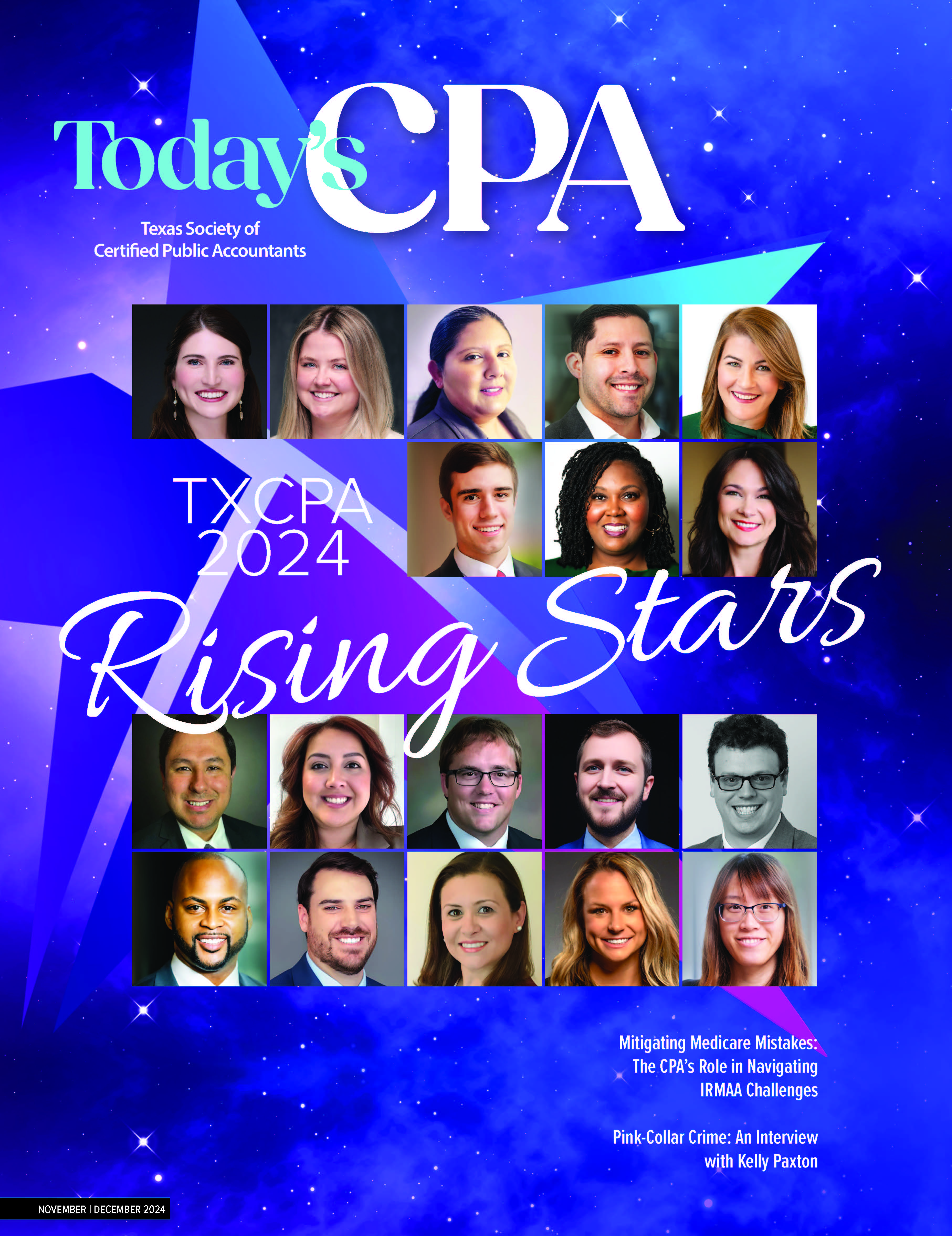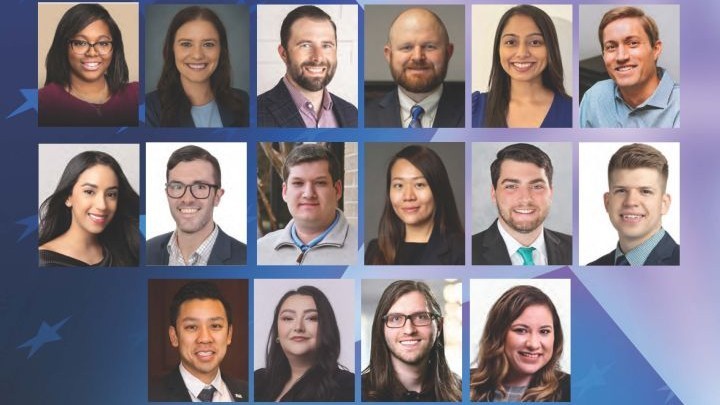November 01, 2024
Are Noncompete Agreements a Thing of the Past?
They are if the FTC has its way
By Don Carpenter, MSAcc/CPA
The world of commerce is highly competitive and the margin between success and failure can be quite thin. Businesses are consistently searching for an advantage and once achieved can be very protective of anything that distinguishes them in the market. In an effort to protect trade secrets and other valuable information, it has been common for enterprises to require employees to enter into noncompete agreements that prohibit them from working for similar businesses that could exploit proprietary information.
The current administration has expressed its displeasure with these agreements in the past, arguing that it stifles workers’ mobility and thus wages. But in April, the displeasure became action when the Federal Trade Commission (FTC) voted 3 – 2 to invalidate most agreements and ban any new agreements full stop effective September 4, 2024. Existing agreements for individuals in policy-making positions who earn in excess of $151,164 annually will remain in effect although new agreements for such individuals will not be enforceable. These rules were proposed in January 2023 and received thousands of comments.
It should also be noted that the ban does not apply to all agreements. Those that arise in the context of a bona fide sale of a business or substantially all of a business’ operating assets are still permitted. The ban also does not apply to the franchisor – franchisee relationship. Organizations not under the jurisdiction of the FDA such as banks, credit unions, common carriers and non-profit entities are also exempt.
The rule was almost immediately challenged by the U.S. Chamber of Commerce in a Texas federal court. The Chamber argues that the ban will have negative impacts on business as companies will have to protect proprietary information such as customer lists, manufacturing processes, and pricing models from their own employees thus hindering employee effectiveness and business development. The Texas judge issued an injunction in July that applies only to the plaintiffs in the case.
A Philadelphia federal court issued a conflicting decision in July that found in a case brought by a tree trimming service finding that the FTC has the authority to prevent competition that would include agreements that prevent employees working for a competitor.
Objections were also raised that the ban exceeds the authority of the FTC, which is typically not a rulemaking body. Historically, noncompete agreements have been the purview of state laws with each state determining enforceability within their jurisdiction. This argument has been given additional weight with the recent Supreme Court decision that overturned the Chevron rule that historically gave deference to administrative agencies when laws are ambiguous. With that mind, it might be helpful to review the position Texas courts have taken with regard to noncompete agreements.
Texas courts have used five basic criteria to determine if a noncompete agreement is valid. First, it must be part of an otherwise enforceable agreement. In the context of employment, noncompete requirements often relate to an employment agreement or nondisclosure agreement. Validity of the noncompete agreement can be challenged by challenging the validity of the related agreement.
Secondly, consideration must have been received by the employee in exchange for the noncompete agreement. Often, the consideration takes the form of an annual raise, bonus or stock options with the employee acknowledging that the compensation was due at least in part to the agreement.
It must be clear that the employee is receiving access to valuable information in exchange for the compensation. Otherwise, the agreement is just a means to prevent employees from leaving the firm. The compensation may also be non-monetary such as access to trade secrets, which is agreed at the time of hiring or promotion and will allow the employee to perform their required duties.
The last three requirements all fall under a general reasonableness test. First, the scope of the agreement must be reasonable as to time. This test is very fact specific and based on the information that is protected.
Generally, Texas courts have been reluctant to honor agreements in excess of five years and many are much shorter. The agreement must also be reasonable in terms of geography. It would likely be deemed unreasonable to restrict an employee from joining a firm in another part of the country if the current employer is not doing business in that area. Also, a salesperson tied to a specific area might be allowed to join a new firm if their new area did not overlap with their current sales area even if the current employer has a business presence in the new region. And finally, the restriction on function will also be examined. A salesperson representing an unrelated line of products in another company would likely not be restricted under an existing employment agreement.
Historically when a former employer has cause to object to a worker's change of employment, there are several avenues of recourse available. Not only can the employee be liable for damages or enjoined from the new job, but the new employer might be sued for damages as well.
Employers are therefore understandably reluctant to hire workers if there is even the slightest chance a noncompete agreement might affect the offer. As a condition of employment, prospective employers often require a candidate to disclose any existing noncompete agreements. Obtaining a release from the prior firm may then be a condition of employment offer. The cost of onboarding an employee only to find that they cannot continue in employment, not to mention possible financial damages, does not justify the risk.
Given the prevalence of noncompete agreements, businesses will likely continue a “business as usual approach” to their use and enforcement until the new rules work their way through the courts.
Top Five Key Points to Consider
1. FTC Ban on Noncompete Agreements: The FTC voted 3-2 to ban most noncompete agreements starting September 4, 2024, with the aim of improving worker mobility and wage growth. Exceptions apply to high earning policymakers and other specific situations.
2. Exemptions from the Ban: The ban does not apply to noncompete agreements made in the sale of a business, the franchisor/franchisee relationship, or organizations outside the FTC’s jurisdiction, such as banks and non-profits.
3. Legal Challenges to the Ban: The U.S. Chamber of Commerce challenged the rule, arguing it harms businesses’ ability to protect trade secrets. Conflicting federal court rulings in Texas and Philadelphia have created uncertainty about the FTC’s authority to implement the ban.
4. Debate over FTC Authority: Objections have been raised that the FTC is overstepping its role, as noncompete agreements have traditionally been regulated by state law. The recent Supreme Court decision overturning the Chevron rule strengthens these concerns.

5. Texas Courts’ Criteria for Valid Noncompetes: Texas courts assess noncompete agreements based on five factors: connection to an enforceable agreement, employee compensation or benefits, and reasonableness in terms of time, geography and job function.
About the Author: Don Carpenter, MSAcc/CPA, is clinical professor of accounting at Baylor University. Contact him at Don_Carpenter@baylor.edu.
Thanks to the Sponsors of Today's CPA Magazine
This content was made possible by the sponsors of this issue of Today's CPA Magazine:

















